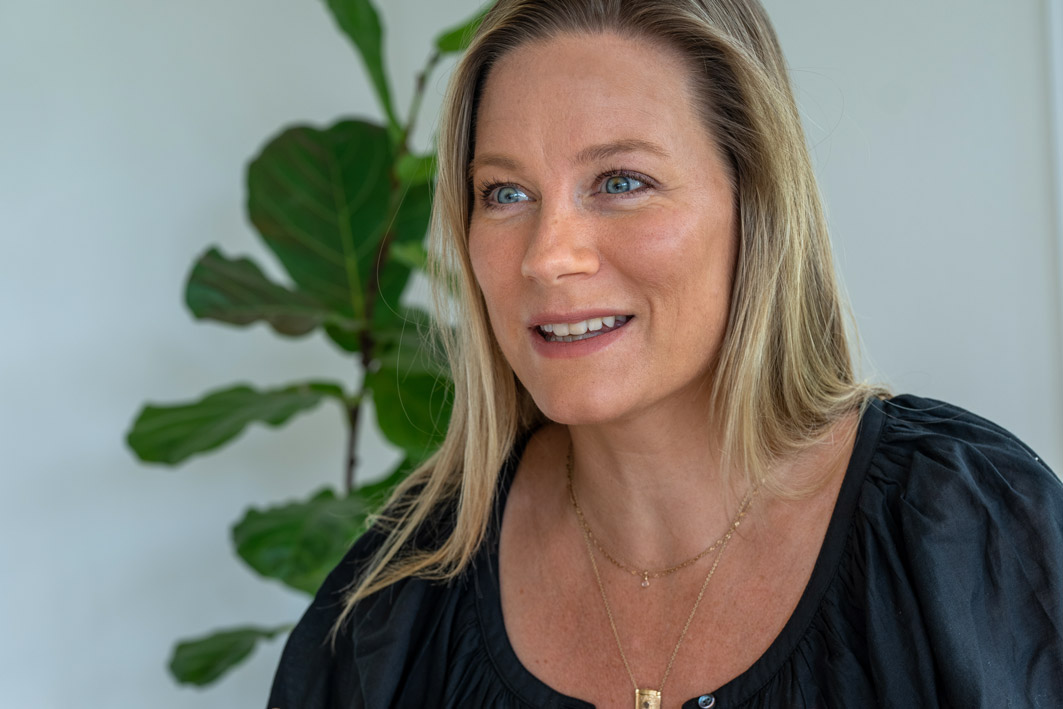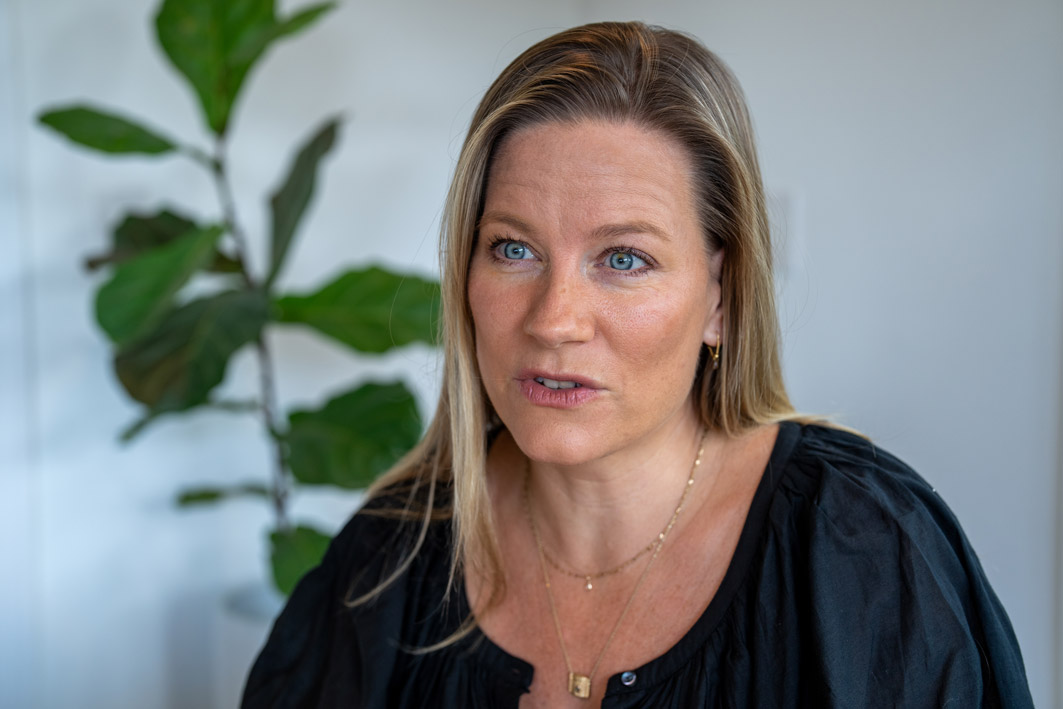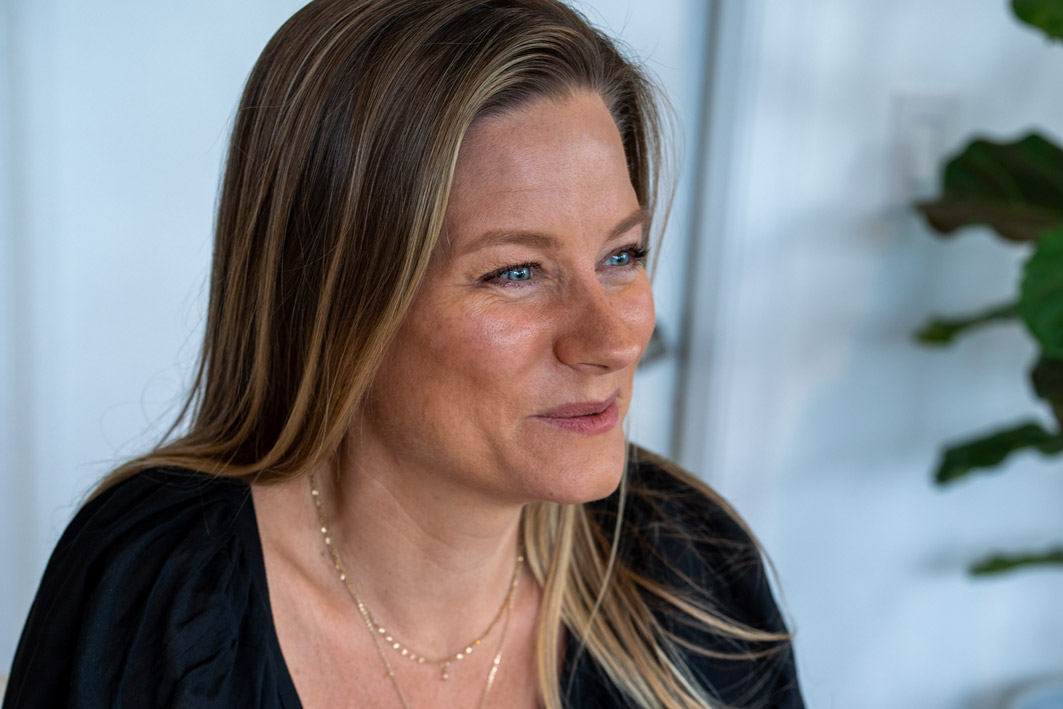Andrea Jansen, journalist, entrepreneur and founder of the platform “Any Working Mom”
elipslife echo: Ms Jansen, you have many different strings to your bow. You’re an entrepreneur, journalist, Board of Directors and Board of Trustees member. And you’re also the mother of three children. Isn’t there a risk of biting off more than you can chew?
Andrea Jansen: The risk is certainly there (laughs). My work comprises three main areas: the first and biggest is “Any Working Mom”, the online platform for parents. Secondly, I’m a member of the Board of Trustees of the Jansen PrimeSteps Foundation, a foundation that provides start-up assistance to projects aiming to fight poverty sustainably. And thirdly, I’m a member of the Board of Directors of the mental health start-up Aepsy. In addition, I pursue a large number of smaller projects, have three children, a partner, a life and friends, all of whom are very, very important to me. The question of whether all this is too much is therefore absolutely justified.
Do you also ask yourself the same question?
Regularly. There have been several times when I’ve reached the point where it becomes too much. The issue is therefore something close to my heart. But I’ve never come as close to falling off this cliff again since I’ve had children. I’m conscious that I can’t push myself to the limit any longer because I also have to consider the children. I’m very aware of my own mental health and have learnt to take the alarm signals seriously.
“Any Working Mom” is an independent media platform. It’s financed by a mixture of advertising revenue and e-commerce. Is this concept successful?
Yes, for me personally it’s a success story on several fronts: we’re still here after seven years and are present in the media landscape. We have been self-supporting for three years and are proud of this as economic stability cannot be taken for granted in the media business. For parents and parents-to-be, we are a place of trust, and our brand is synonymous with our claim “Let’s be honest”. The platform is also a team success. We currently have ten people and I really enjoy the way we work together: remotely, asynchronously, across four countries and even two continents. This works because we trust each other and place value on a healthy working atmosphere.
As its name suggests, the platform is geared to mothers. Is that still appropriate? The trend is moving towards fathers being expected to play an equal role in raising children.
Being expected? More like being allowed to! (Laughs). I’m glad you asked this question. We’re very aware of this issue and are working on a solution. We really want to appeal to men as well. The social change towards equal rights is something that can only be tackled together. We believe that the importance and competency of fathers in caring for children is still underrated. This cannot and must not be allowed to happen.



